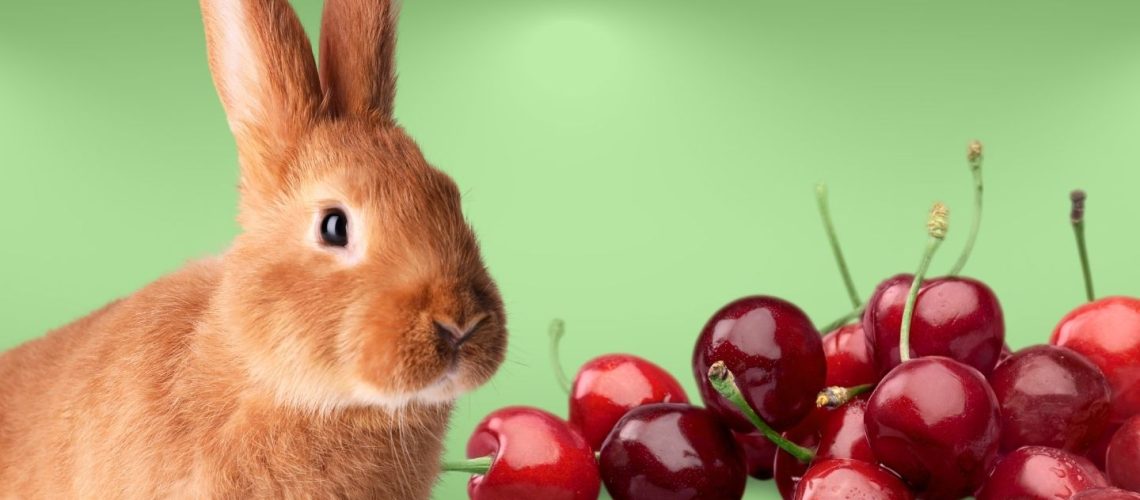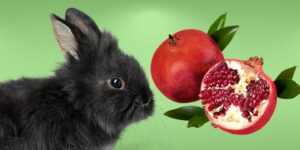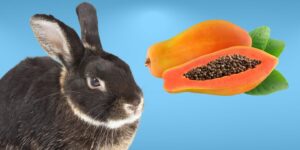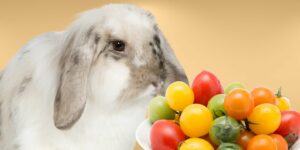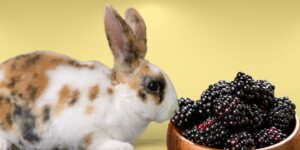Rabbits are small, cute, and furry animals that are popular as pets. They are known for their affectionate and social nature, and their ability to adapt to different environments. But like any other pet, rabbits have specific dietary needs and requirements. Many pet owners are curious about what rabbits can and cannot eat, and whether they can include cherries in their diet. Yes, rabbits can eat cherries, but it's important to do so in moderation and consider the potential risks and benefits associated with feeding this fruit.
Introduction to Rabbits' Diet
Rabbits have specific dietary needs that must be met to ensure their overall health and well-being. Understanding the basics of a rabbit's diet can help pet owners make informed decisions about what to feed their furry friends.
Hay and grass: the primary component of a rabbit's diet
Hay and grass should make up the majority of a rabbit's diet, as they are essential for maintaining a healthy digestive system and providing necessary fiber.
Fresh vegetables: daily nutrient source
Rabbits should also consume a variety of fresh vegetables daily to provide essential vitamins and minerals needed for their overall health.
Pellets: supplementary nutrition
Pellets can be given in small amounts to supplement a rabbit's diet, but should not be the main source of food.
Fruits and treats: occasional indulgence
Fruits, like cherries, can be given to rabbits as occasional treats, but should not be a regular part of their diet due to their high sugar content.
Benefits of Cherries for Rabbits
Cherries can offer some benefits to rabbits, such as:
Antioxidant properties
Cherries are rich in antioxidants, which can help to protect a rabbit's cells from damage caused by free radicals.
Fiber content
The fiber in cherries can aid in digestion and support a rabbit's overall gut health.
Vitamin and mineral content
Cherries contain essential vitamins and minerals that can contribute to a rabbit's overall health, such as vitamin A for vision and immune support, and vitamin C for immune system function.
Potential Risks of Cherries for Rabbits
Despite the benefits, there are potential risks associated with feeding cherries to rabbits, including:
High sugar content
The high sugar content in cherries can lead to obesity, dental issues, and other health problems if consumed in large amounts.
Toxic components
The pits, stems, and leaves of cherries are toxic to rabbits and should always be removed before feeding.
Choking hazard
Cherry pits can pose a choking hazard to rabbits and should always be removed before offering the fruit.
Alternative Fruits for Rabbits
If pet owners are looking for alternative fruit treats for their rabbits, they can consider the following options:
Apples
Apples are a good source of vitamins and fiber, but should be given in moderation due to their sugar content.
Blueberries
Blueberries are rich in antioxidants and can be given to rabbits as an occasional treat.
Strawberries
Strawberries are another fruit option for rabbits, but should be given sparingly due to their high sugar content.
Final Thoughts
While rabbits can safely consume cherries as an occasional treat, it's crucial for pet owners to understand the potential risks and benefits associated with feeding this fruit. By practicing moderation and taking the necessary precautions, rabbit owners can provide their pets with a healthy and diverse diet.

